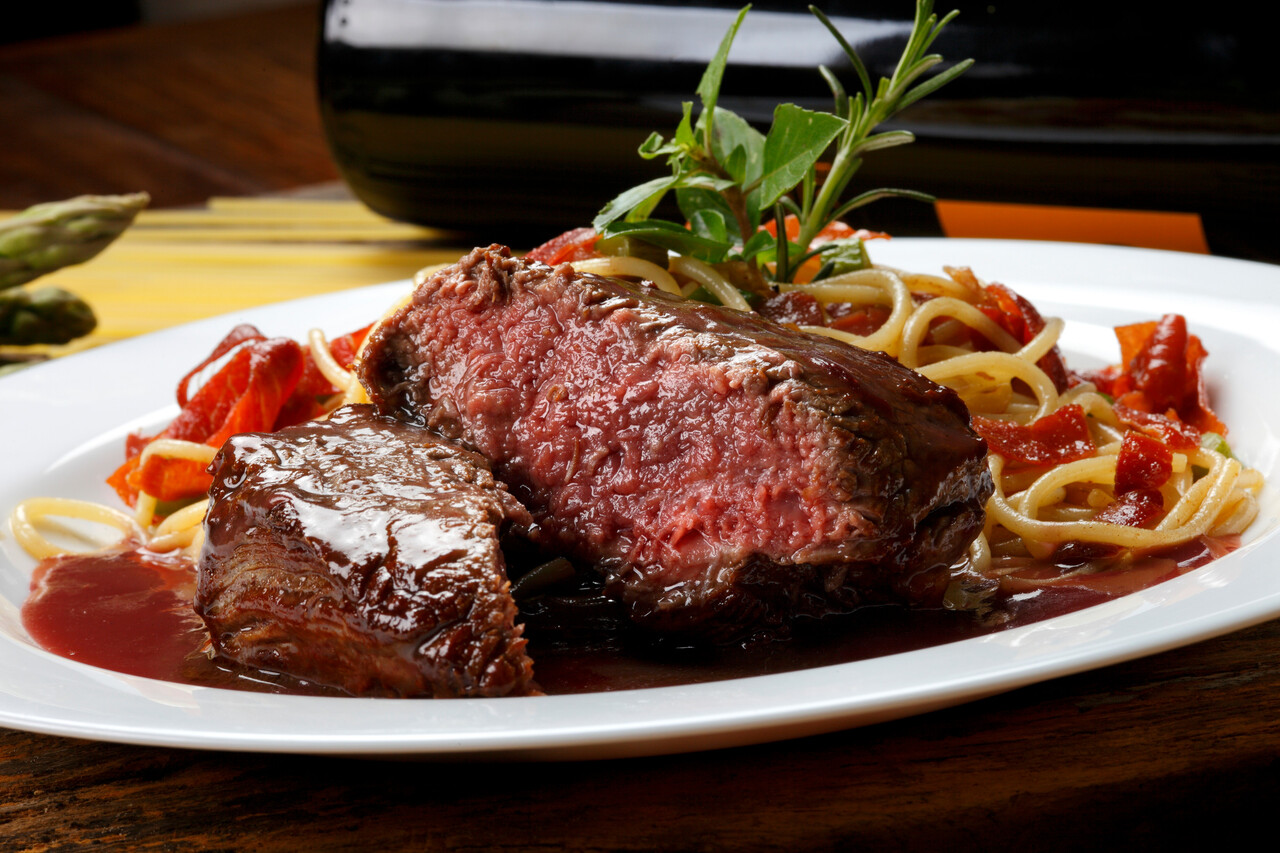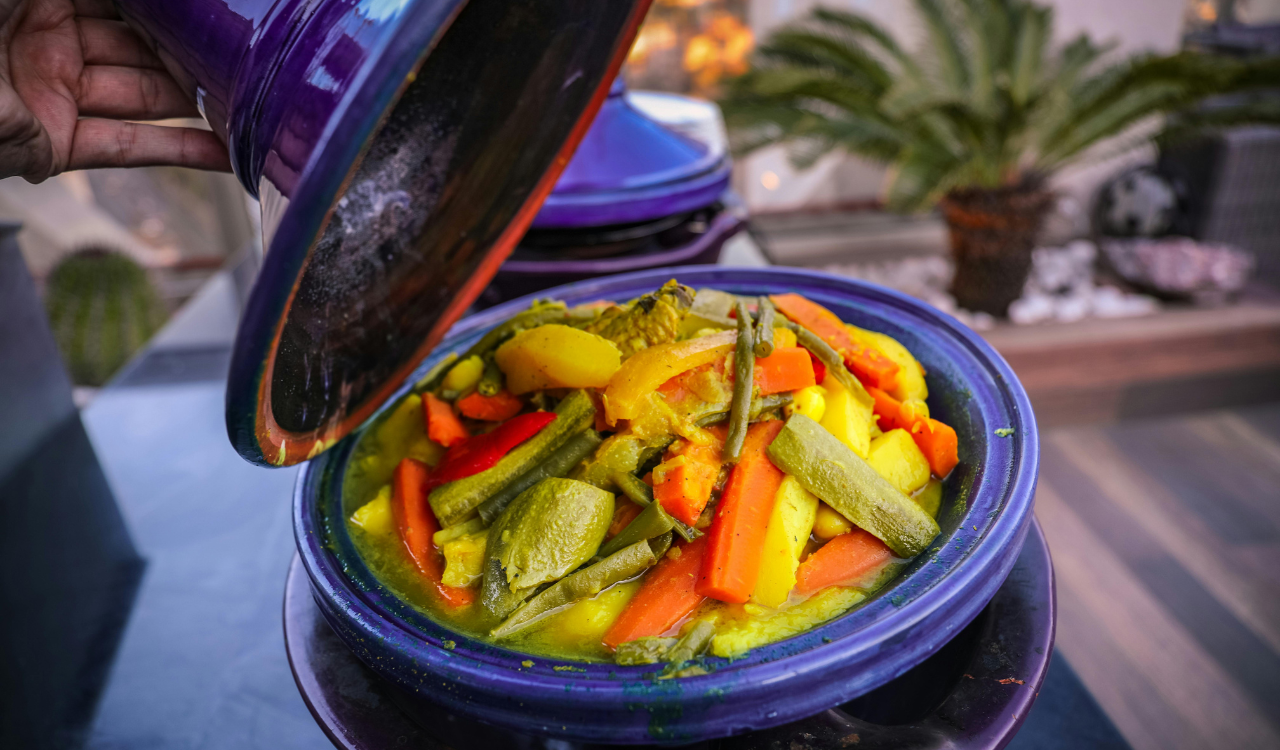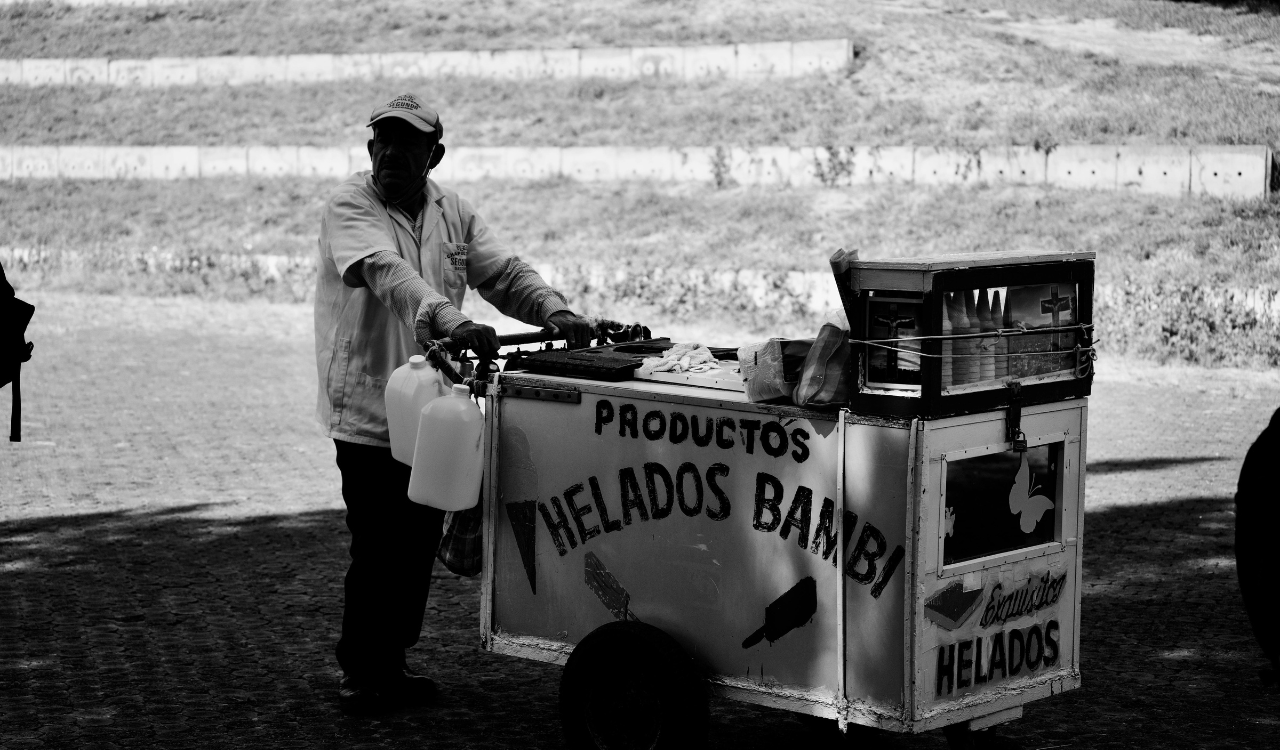10 Food Brands You Didn’t Know Were Owned By The Same Company
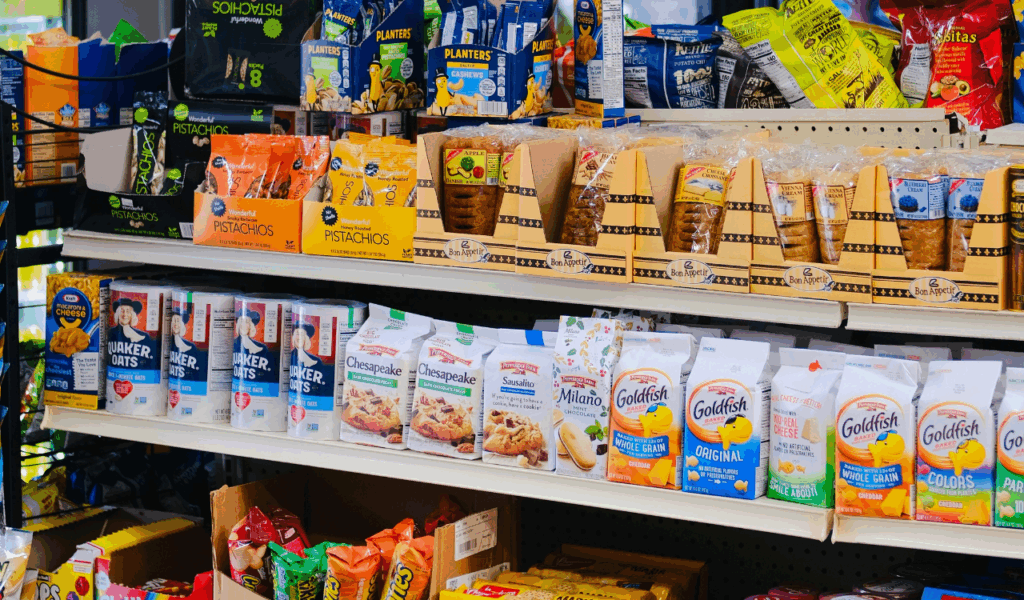
You most likely believe that the dozens of food brands in front of you are owned by various businesses when you’re browsing the aisles of a grocery store. In actuality, though, a large number of them are owned by the same massive food corporations. Although these businesses frequently advertise their goods in quite different ways—some as premium, some as affordable, some as indulgent, and some as healthy—they are frequently a part of the same parent company. This is important for more reasons than trivia: understanding who owns your food can help you learn about its origins, production methods, and profit-sharing. Here are ten unexpected instances of food brands that are actually owned by the same company, despite having different target markets or images.
1. Annie’s & Cheerios — both owned by General Mills
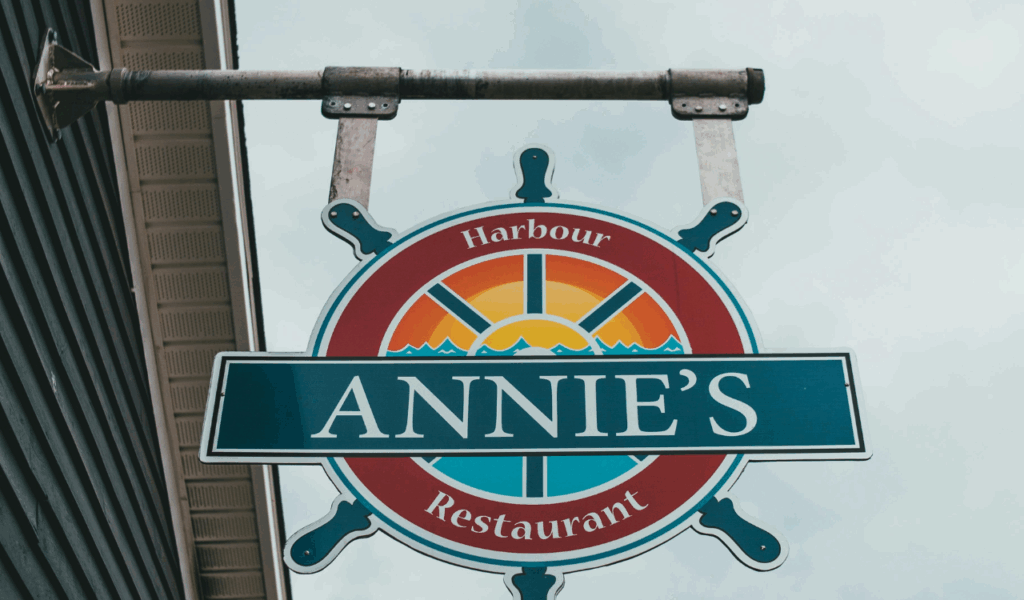
With items like mac and cheese, bunny-shaped crackers, and salad dressings that are frequently labelled as non-GMO and made with real ingredients, Annie’s is well-known for its healthy, organic image. Conversely, Cheerios is one of the most well-known breakfast cereals in the world and can be found in almost every supermarket. General Mills, a significant American multinational food corporation, is the owner of both Annie’s and Cheerios, despite their radically different brand identities. In an effort to appeal to consumers who are health-conscious, General Mills purchased Annie’s in 2014 as part of a push into more natural and organic products. Therefore, you are supporting the same company—just two different faces of it—if you buy Annie’s Organic Shells & White Cheddar for your children and pour yourself a bowl of Honey Nut Cheerios.
2. Larabar & RXBar — both under big food corporations
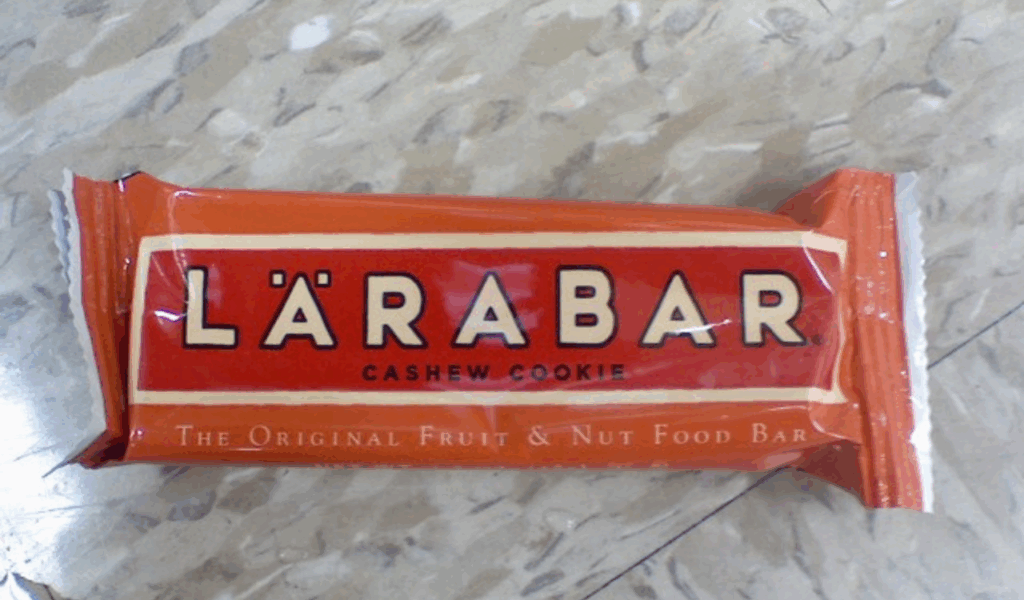
Larabar’s bars, which are typically made of fruits, nuts, and spices, convey a clean eating message. Similar to this, RXBar is renowned for its “No B.S.” packaging, which prominently displays ingredients like dates, egg whites, and almonds on the front of the wrapper. Despite promoting themselves as minimalist and health-conscious snack brands, these companies are not small independent businesses. General Mills purchased Larabar in 2008, and Kellogg’s paid $600 million to acquire RXBar in 2017. Instead of creating new brands from scratch, these acquisitions demonstrate how eager large food companies are to follow the health food trend. It’s good business, but if you’re a customer who wants to help out small, independent businesses, you should know who makes your favorite “natural” snacks.
3. Primal Kitchen & Kraft Heinz brands
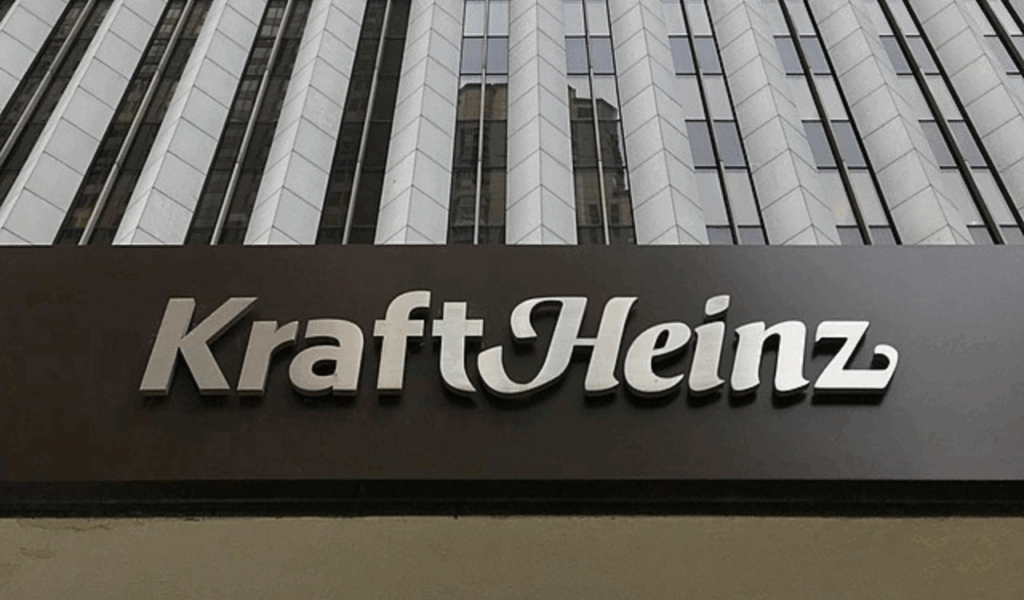
Primal Kitchen is well-known for emphasizing Whole30-approved, paleo, and ketogenic foods. It serves a specialized but expanding market of ingredient-conscious consumers with its avocado oil mayo, dressings, sauces, and collagen-based protein products. The Kraft Heinz Company, a food conglomerate best known for its traditional (and less health-conscious) products like Kraft Mac & Cheese and Heinz Ketchup, owns Primal Kitchen, which many customers find surprising. In an effort to modernize and diversify its product line, Kraft Heinz purchased Primal Kitchen in 2018. With Kraft Heinz’s support, Primal Kitchen has more manufacturing power and a wider audience, even though the team has mostly remained in place to maintain brand integrity. Therefore, it’s possible that your traditional ketchup and paleo salad dressing now originate from the same place.
4. Hellmann’s & Best Foods — same mayo, different name, same owner
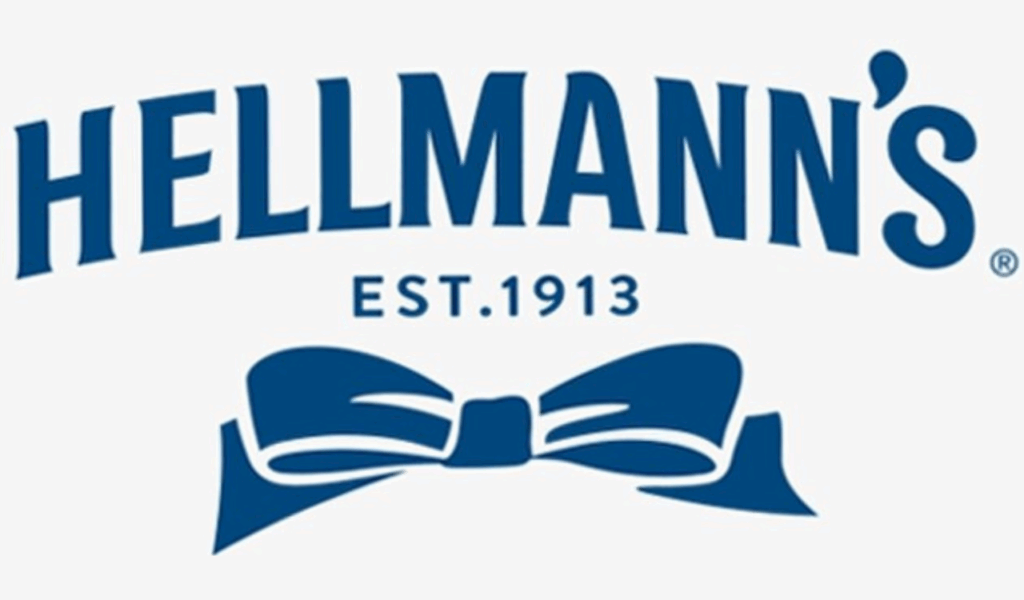
Don’t worry, you’re not seeing double if you’ve ever wondered why you see Best Foods mayonnaise in one store and Hellmann’s mayonnaise in another. Depending on the location, these are marketed under different names, but they are basically the same product. In the US, the East uses Hellmann’s, and the West uses Best Foods. Hellmann’s is the more well-known brand outside of the United States. One of the biggest consumer goods corporations in the world, Unilever, owns both. Due to a brand acquisition in the 1930s, the dual names have remained in use ever since. Therefore, whatever you’re spreading on your sandwich probably comes from the same source regardless of the label on the jar
5. Nestlé & Purina — your food and your pet’s food
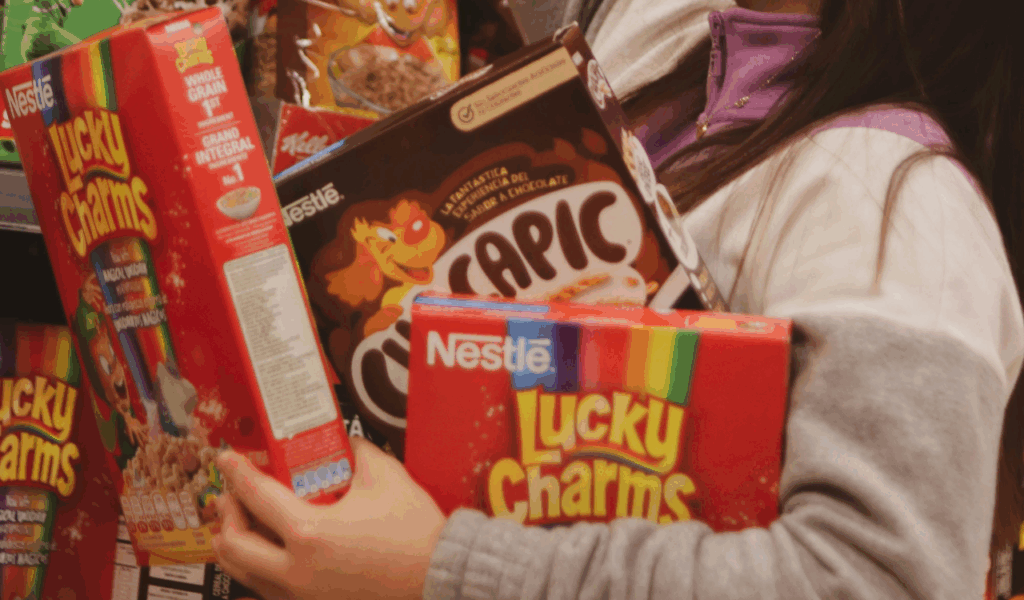
When you hear the name Nestlé, you may initially think of chocolate, instant coffee, or infant formula. However, it also plays a significant role in pet nutrition. One of the top pet food companies in the world, Purina, is owned by Nestlé and is the maker of popular brands like Purina ONE, Friskies, and Fancy Feast. Although it might seem strange at first that the same company could produce both your cat’s kibble and KitKat bars, it makes financial sense. Because of its diversification, Nestlé is able to dominate a variety of food markets, including the expanding pet care industry worldwide. Additionally, the divisions share resources, research, and logistics even though they function independently. It’s Nestlé behind the scenes, whether you’re sipping on a cup of Nescafé or giving your dog a bowl of Purina Pro Plan.
6. Dreyer’s / Edy’s / Häagen‑Dazs — all under one frozen umbrella
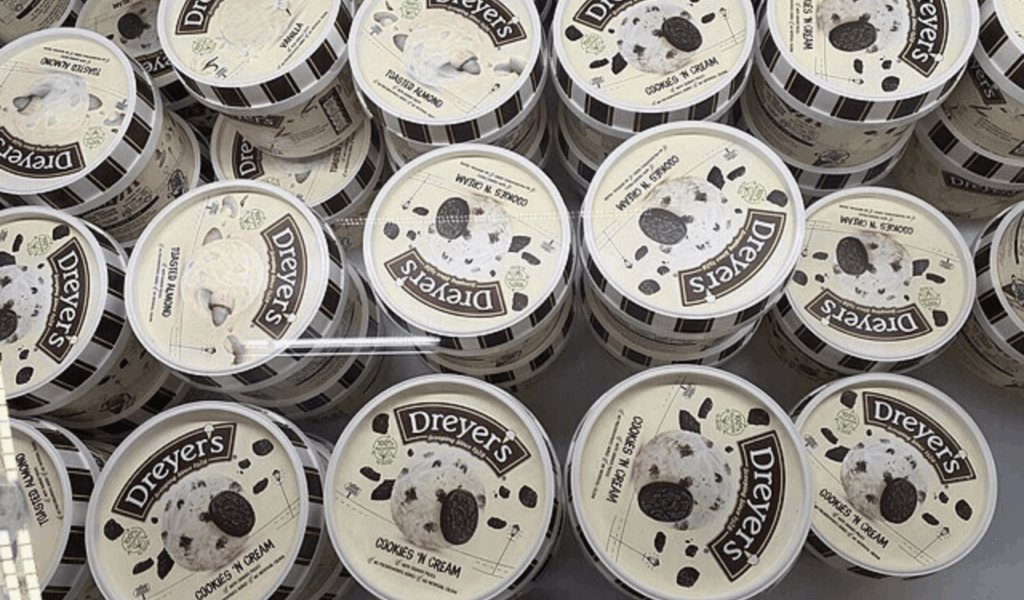
Similar to the Hellmann’s/Best Foods scenario, Dreyer’s and Edy’s ice cream are actually the same product sold under different names depending on the region in the United States. In addition, there is the high-end ice cream company Häagen Dazs, which was established in the Bronx, New York, but is well-known for its rich flavors and “European” branding. Nestlé used to own all of these. In recent years, Nestlé sold its U.S. ice cream business, which included these brands, to Froneri, a joint venture with a global ice cream focus that Nestlé co-owns. Therefore, your grocery store freezer aisle is filled with frozen treats from the same large-scale production networks, even though the packaging, flavors, and price points may seem completely different.
7. PepsiCo owns Quaker Oats, Tropicana, Lay’s & more
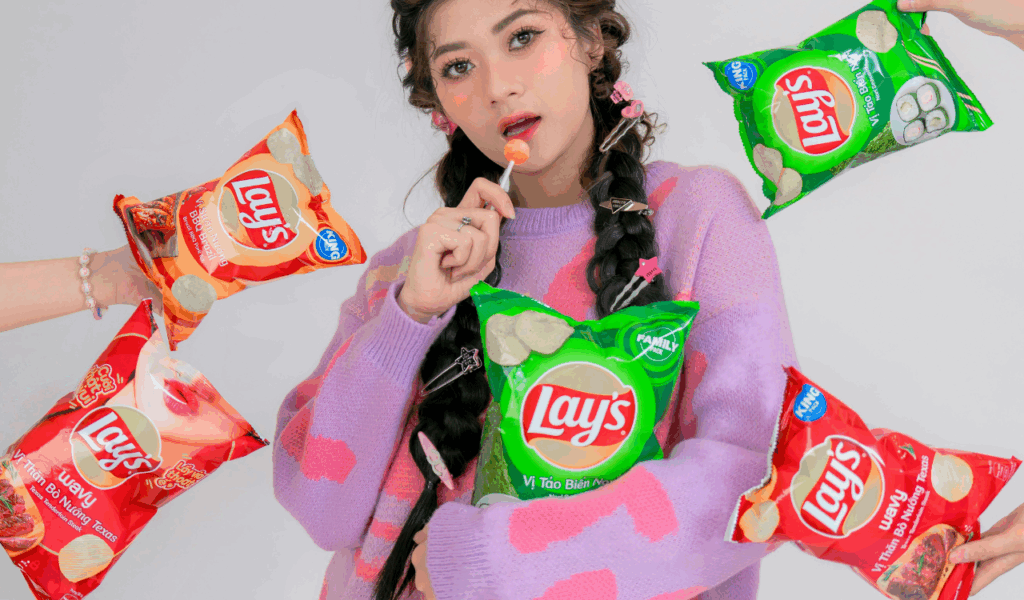
PepsiCo is much more than just a soda company. Indeed, it owns a vast array of common food and beverage brands, such as Gatorade, Tropicana (fruit juices), Quaker Oats (instant oats, granola bars), and snack behemoths like Lay’s, Cheetos, and Doritos. Many people who like Quaker’s filling breakfast oats might not think of the company that produces crunchy chips and bubbly soft drinks right away. However, PepsiCo’s long-term strategy includes this diversity. By providing both decadent treats and health-conscious options, it enables them to adapt to shifts in culinary trends. It also describes how they maintain profitability in a variety of markets while managing enormous global supply chains. In summary, PepsiCo is present at almost every meal of the day.
8. Nestlé’s brand empire: Maggi, Milo, Nescafé, and more
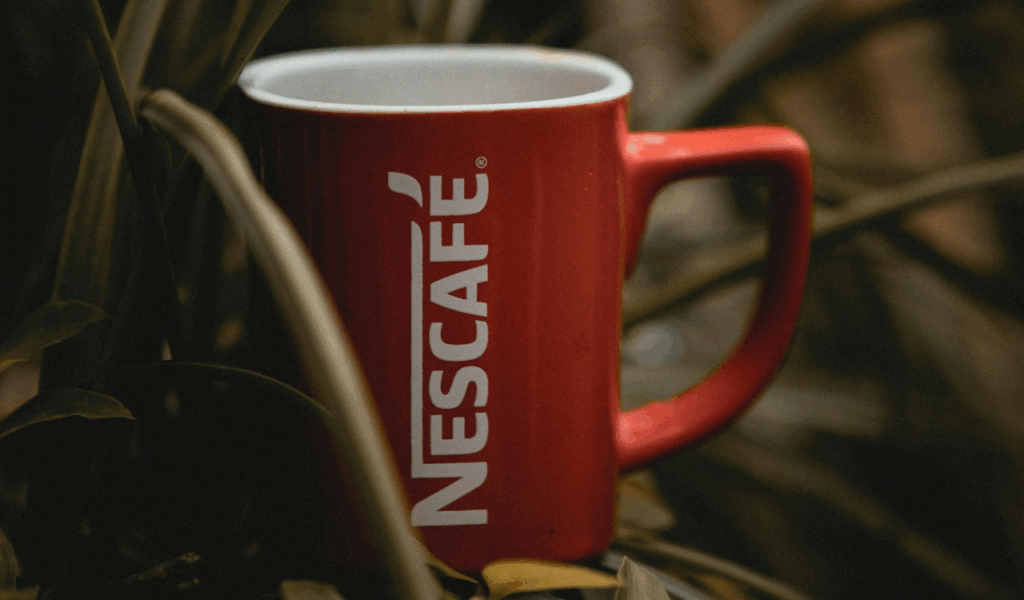
Nestlé owns a huge empire of international food and beverage brands, not just a few food items. Among the most popular are Nescafé (instant coffee), Milo (a chocolate malt beverage particularly well-liked in many regions of Asia, Africa, and Latin America), and Maggi (known for seasonings, sauces, and instant noodles). You can see the scale when you include KitKat, Gerber baby food, and Nestlé water brands like Perrier or Pure Life. All of these brands profit from Nestlé’s resources, R&D, and worldwide distribution networks, even though each has a unique identity and clientele. Thus, you are interacting with one of the most influential food corporations in the world when you grab a pack of Maggi noodles or brew a cup of Nescafé.
9. Associated British Foods — behind Twinings, Kingsmill, Mazola & more
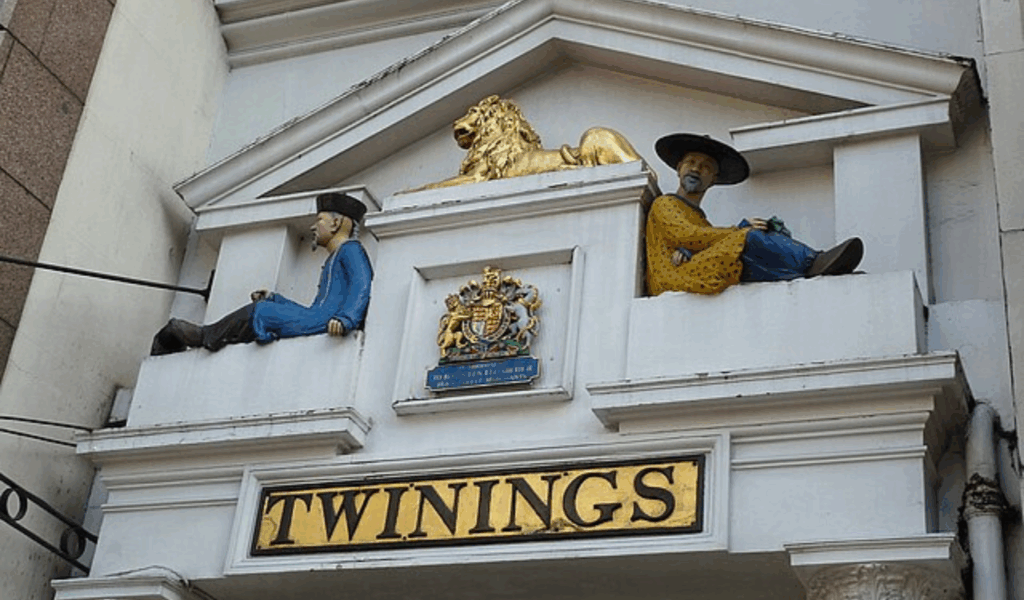
Although its name may not be as well-known as that of Nestlé or Unilever, Associated British Foods (ABF) offers a wide range of everyday foods. Its most well-known foreign tea brand is Twinings. In the UK, Kingsmill is a well-known bread brand, and in North America, Mazola produces well-known cooking oils. It also includes Ryvita (crackers) and Jordans (granola and cereals). London is home to the headquarters of the international food processing and retailing corporation ABF. It also owns the fashion retailer Primark in addition to groceries. By allowing each brand to function fairly independently while taking advantage of shared resources, supply chains, and financial support, ABF creates the illusion of variety while maintaining consolidated operations.
10. B&G Foods — a home for legacy and niche brands
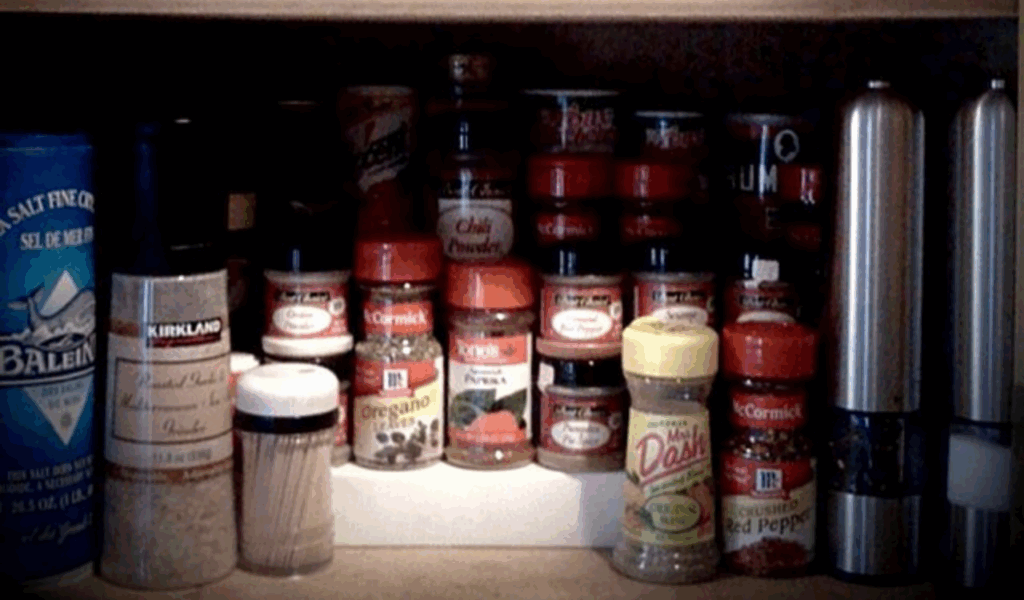
Many of the brands owned by B&G Foods have a nostalgic, local, or timeless feel to them. These consist of Mrs. Dash (salt-free seasonings), Cream of Wheat, Ortega (Mexican-style products), Green Giant (frozen vegetables), and more. Previously owned by bigger food conglomerates, some of these brands were later acquired by B&G Foods, a company that focuses on purchasing and reviving older or undermarketed brands. Giving these products a new lease on life without significantly altering their nature is B&G’s strength. Although they are part of a purposeful and profit-driven corporate strategy, consumers frequently think of them as “standalone” or mom-and-pop products. Although the brand names may seem intimate, they are a part of a larger company. business.


